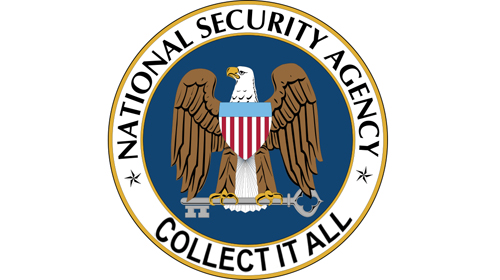Too Classified for Congress? When It Comes to Congressional Oversight of Intelligence Activities, Transparency Should Always Triumph Over Secrecy


Tomorrow the House of Representatives will have a choice to make: openness and transparency, or secrecy and business as usual. From NSA surveillance to CIA torture, congressional oversight of intelligence activities over the last decade has been inadequate. When the House votes Tuesday on new rules, openness should triumph over secrecy.
The rules of the House and Senate govern everything from how committees are staffed to who gets to see classified information. And if complaints from members are any indication, the current rules aren't letting them do their job.
For example, a letter from the administration about NSA surveillance activities was reportedly withheld from members by the House Intelligence Committee before a critical vote in 2013 – despite it being intended for access by all members. This left some members voting to extend surveillance programs without fully understanding how they were being used by the NSA.
In 2013, Rep. Justin Amash (R-Mich.) requested a briefing on an NSA surveillance program in advance of an important vote. However, Rep. Mike Rogers (R-Mich), chairman of the House Intelligence Committee, gave only one day's notice of the briefing. He then held the briefing during a time when members were supposed to be voting and sent the notice through a House listserv that is not typically used for such announcements. The result, in Rep. Amash's words, was that "[t]he only people who showed up at that briefing were the people I talked to. Nobody else knew that that was going on…"
Control over who can see information creates additional barriers and undermines democratic accountability.
Classified briefings are often off-limits to the staff of members. This means that each member has to go through hundreds of pages of complex information about national security programs without assistance or analysis from their staff, who are often experts on the subject. Members are not even permitted to leave the briefing room with any notes they have taken, and they are often barred from discussing what they learn with staff or other members.
Granting members the ability to get their staff the highest-level security clearance needed to view classified documents would help them better understand the scope of the intelligence programs that they're overseeing and authorizing. The federal government has granted well over 1 million security clearances that permit access to this type of information. Over half a million of those clearances were given to federal contractors. Adding a few hundred more for Congress would help members understand intelligence programs before they vote for them.
Recent oversight failures of the NSA and CIA highlight the need for change.
When the House votes tomorrow, it should change its rules to require the Intelligence Committee to share information about national security matters with all members, give members advanced notice of all briefings, and allow all members to get staff with top level security clearance. The Senate must also take steps to improve access and sharing of intelligence information.
There's a lot at stake for the new Congress and its crucial role of oversight, and now is the time for the House to act. A few simple changes to House rules could make a big difference in members' ability to access the classified information they need to conduct meaningful oversight.
Learn more about government surveillance and other civil liberty issues: Sign up for breaking news alerts, follow us on Twitter, and like us on Facebook.



